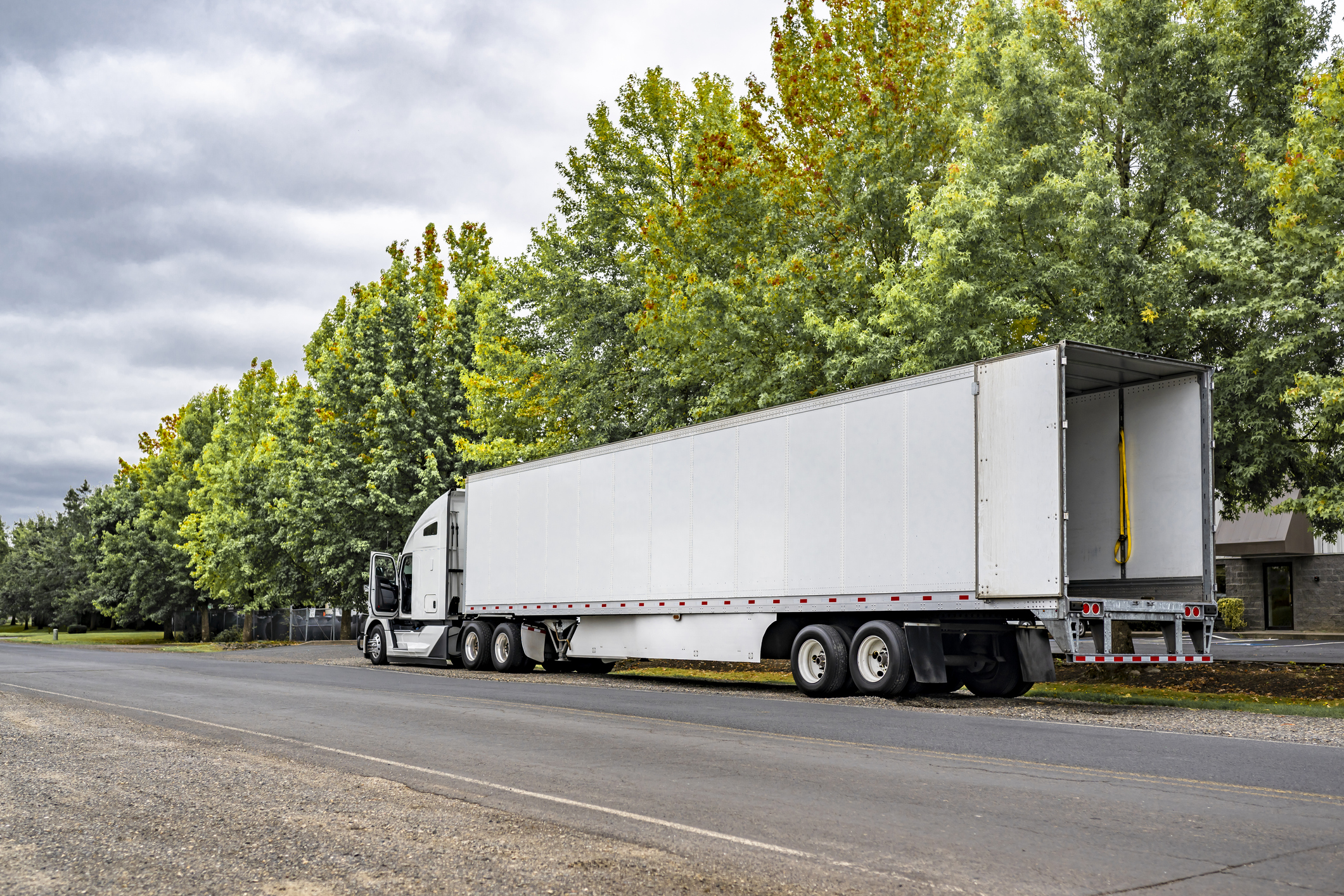Avoiding Bad Apples: How Culture Fit and Feedback Work Together

 The old idiom ”one bad apple spoils the bunch” isn’t just an allegory. For companies like yours, it’s entirely true.
The old idiom ”one bad apple spoils the bunch” isn’t just an allegory. For companies like yours, it’s entirely true.
Even one negative driver can bring down the morale of the whole team. Rumors can run rampant, resentment gets spread around and an overall feeling of malice hangs in the air. The result, ultimately, can be turnover. And not just for the original driver with the less-than-optimistic attitude.
It’s OK to have a bad day out on the road. (Who hasn’t?) But it’s another situation to have a bad week, month or year.
But how can these negative attitudes impact employees? What does that mean for culture fit? And how can carriers address the situation?
Negativity Means Low Engagement
Ask your drivers, and ask around headquarters—everyone has a ton on their plate. We’re all asked to do more with less to keep costs low and profitability high. But negative attitudes can turn this fact of life into a reason to be constantly critical.
And when your people are critical and hard to please, they’re not really engaged with their work. And that means low productivity and high turnover are just around the corner.
Negativity Means Unhappy Customers
Imagine going to a baseball game where the mascot was having a really bad day—and showing it. Or if your waitress at a restaurant was surly and uncooperative. It would make for a poor experience, and you’d go out of your way to not repeat it.
When your drivers are negative, your customers feel the same way. Your drivers are extensions of your brand while out on the road, and if they’re not good ambassadors, word spreads around fast.
Coupled with the high cost of driver turnover, losing clients is a costly deal for carriers.
Negativity Means Unhappy Drivers
Negativity doesn’t just create shockwaves in your organization. It can tarnish the health of your drivers as well.
A growing body of research suggests that sadness can negatively influence physical wellbeing, as well as emotional wellbeing. Failure to cope adequately with sadness imposes higher stress on the body, which can result in autoimmune diseases, heart problems, and a greater tendency toward self-harming behavior.
For drivers and carriers alike, that’s a lose-lose prospect.
How Culture Fit Comes into the Picture
Truly negative drivers are crafty. They don’t show signs of their pervasive negativity until well after they’ve been handed the keys.
Culture fit is the glue that holds an organization together. That’s why it’s a key trait to look for when recruiting. The result of poor culture fit due to turnover can cost an organization between 50-60% of the person’s annual salary, according to the Society for Human Resource Management (SHRM).
By knowing what traits you want from a driver and asking the right questions ahead of time, it’s possible to see that they’ll be a good fit before you hire them.
After you hire them, there’s feedback.
How Feedback Can Help
When your drivers are out on the road for weeks at a time, it’s easy to understand how they might feel lonely, isolated and negative.
But by giving them an actionable driver feedback platform that offers the ability for drivers to speak their mind about the things and people that cause trouble out on the highway, you turn down the negativity and ramp up the culture fit.
And that’s something that will put a smile on your face.
See if WorkHound is the right fit for you. Click here to schedule your free 15-minute consultation!
Let's Build Better Workplaces Together
Revolutionize your company culture and your worker retention rates by improving communication and engagement.
Book a Demo

